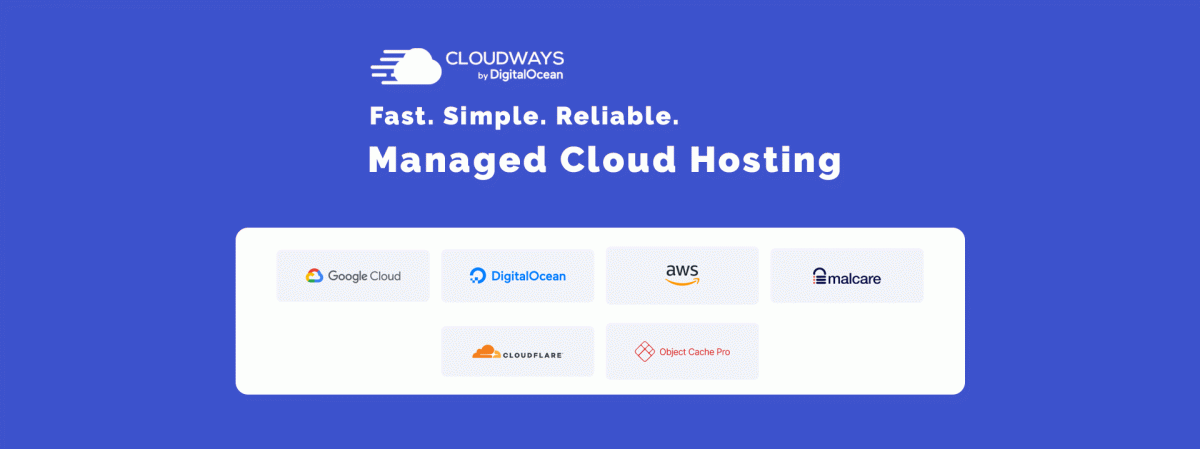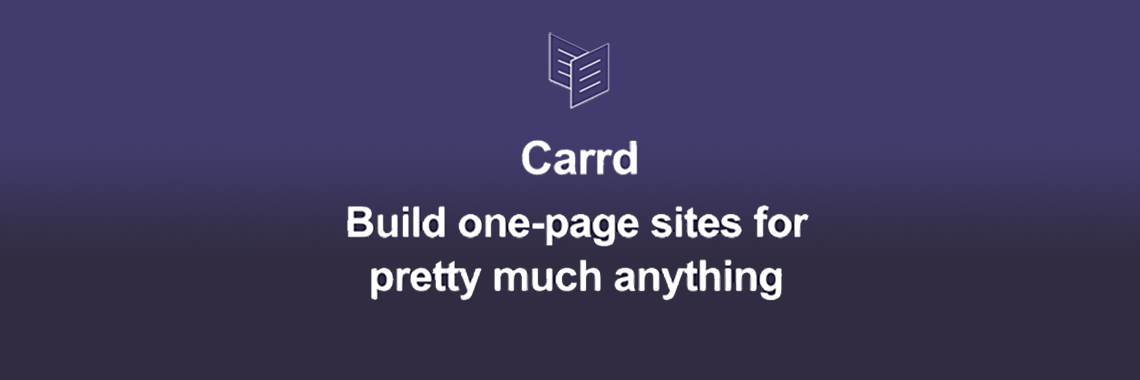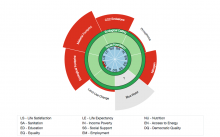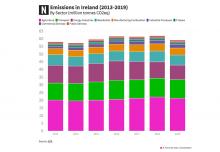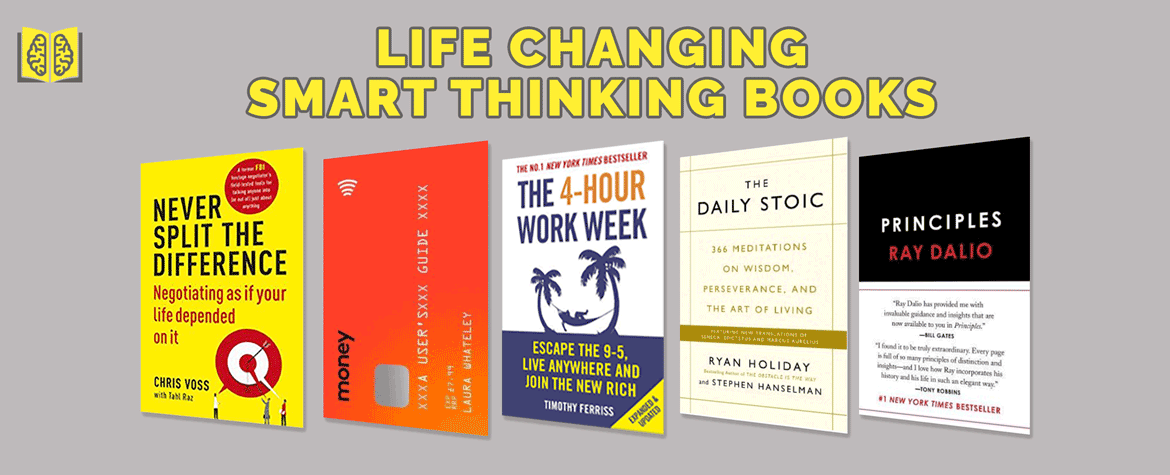Image: Cain by Vidal, Jardin des Tuileries, Paris
Time is up. We have to drastically reduce emissions within the decade. You may know this already, but have you accepted that you can do something about it?
Everyone in business can act on the Climate Emergency in some way, but managers and business owners have unique leverage. We set policies, we make project planning and budget decisions, we promote the purpose and vision of our organisations, we build culture, we take action.
Up to now, all that work has been primarily in service to the bottom line, understandably. However, many of us work for or with organisations that are stable enough to be able to focus on higher level priorities without worrying that the business will close its doors in the morning. It is here that priorities need to shift. It is time to put sustainability as the number one priority, above efficiency, convenience, and even profitability. I’m not saying we all turn to communism, but I am saying that we need to take the Climate Emergency seriously, because if we don’t prioritise it, then we are not taking it seriously.
For the next decade, sustainability is more important that all but the profit needed to keep the doors open.
If that sounds ridiculous or overly dramatic to you, then respectfully, you don’t understand the scale of the emergency. The time for sugar-coating this message has long passed, but the time for compassion and empathy between everyone has never been more important. We all need to help each other come to the gut-wrenching realisation that we are heading towards societal collapse within a generation or two.
We are on track for 2.8°C to 3.4°C of warming by 2100 if we do not act, which means extreme weather events, leading to unstable crop yields, leading to the collapse of industrial food production, leading to mass migration to the tune of millions. Add to that sea level rise, unbreathable wildfire air, temperature bombs, and climate tipping points being crossed, all of which are starting to happen now, before we even reach 1.5°C of warming. I don’t see how our current society can survive in that context, and I think succession beyond our grandchildren at this point is uncertain.
It is natural to want to ignore this, or deny it, or delay addressing it.
It is too late for all of those.
All that is left now is hope and action. In his book How To Change The World, John-Paul Flintoff describes hope as “an axe you break down doors with. Hope calls for action”. As managers and business owners, we now have an opportunity to use hope to drive climate action within and outwith our organisations. It is time to pick up the axe in your business.
To start with, inform yourself on the basics of the problem.
Here’s a simple guide from the BBC: What is Climate Change.
There are lots of great books about climate out there, these are my five Climate Emergency book recommendations. (I would also recommend This Is Not A Drill, which is the book that opened my eyes to the reality of the Climate Emergency).
Listen to John Gibbons on the Tortoise Shack podcast and on Eamon Dunphy’s podcast, listen to DCU’s Code Red Podcast series and RTÉ’s Hot Mess podcast, and tune into The Last Word’s environment slot on Today FM every Thursday.
Read the Summary for Policy Makers IPCC 6th Synthesis Report, paying particular attention to the graphic on page 7.
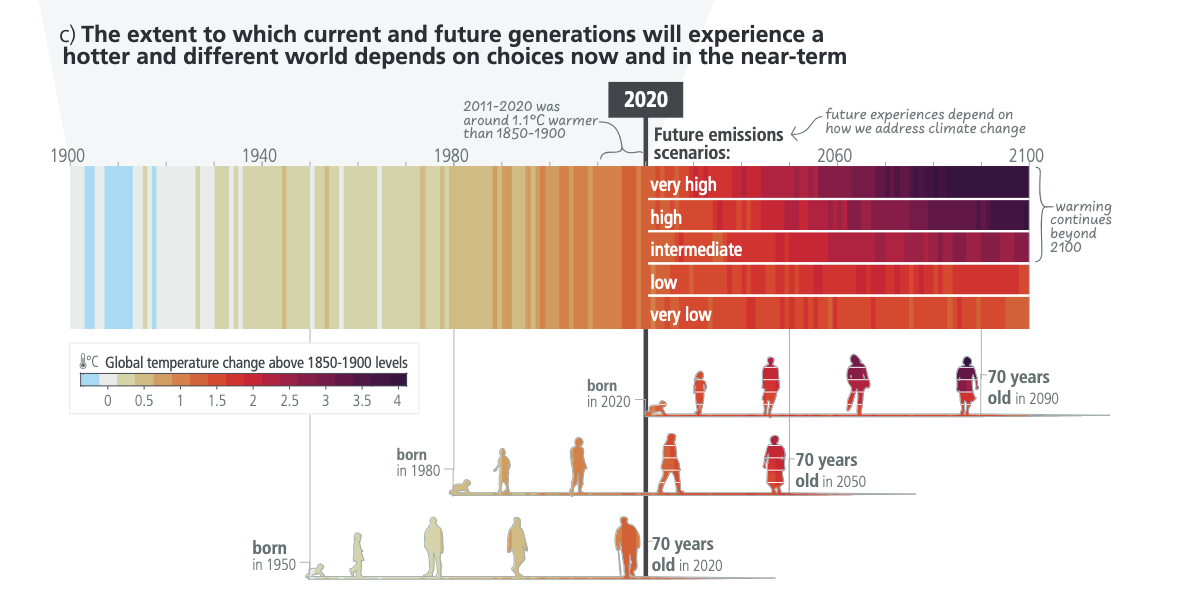
Then read the Ireland’s Greenhouse Gas Emissions Projects 2022-2040 report from the EPA, starting with the Key Findings table on page 2.
You now have the basic facts. The science is abundantly clear, and the current path is disastrous, but the hope is to be found in the action. The IPCC report shows that the changes being made now in reducing emissions are positively reducing the warming of the planet. Climate Action is working! We just aren’t doing anywhere near enough.
We know Climate Action works, now let’s do it everywhere.
If your industry has sustainability regulations and standards, start there. Meet them and then excel at them. Set the bar in your industry for sustainability and use it as a differentiator from your competitors.
Use the UN Environment Programme’s Book of Green Nudges to encourage Climate Action among your co-workers.
Reduce, ration, or eliminate air travel, and give employees extra travel time for their holidays if they agree to go by ferry and/or land instead of flying. Listen to Philip Boucher-Hayes here to find out why this needs to be done.
Move to cloud hosting providers with the lowest equivalent CO2 per KWh emissions. Read about the impact of data centres here to find out why this needs to be done.
Set the default browser homepage and search engine on all your computers to Ecosia, who plants trees for every search.
Use all the green grants available to your business.
Use your voice. Share this post, or write your own. Have the conversations everywhere. Accept that it is a hard topic and be kind to others that haven’t had the realisation yet, and be kind to yourself when you find yourself slipping back into wanting convenience over sustainability.
From here on out, every election is a Climate election. Let politicians, government representatives, and your industry bodies and organisations know that your business is focussed on Climate Action, and you will not be represented by or support those that are not. Our political leaders have shown that they will choose money & power over the planet. Vote them out. If you believe that politics has no place in business or work life, then wake up. To quote Skin from Skunk Anansie, everything’s political.
These are just a few Climate Action examples, there are legions more. Find them, track them, graph them, make them KPIs. Chase them down like your life depends on it, because the future of a stable society does.
As professionals, we each have a moral and ethical responsibility to put sustainability first, given the stakes. In his book The Pivot, Steve Hamm documents projects that attempt to address global problems through local action, and describes the Points of Light engagement model as when thousands of local communities deliver incremental projects that address a global problem, each project becomes a shining light. When all the lights are turned on, it lights up the sky and you have fundamentally changed the world.
You will meet hesitation, criticism, denial, & delay on your Climate Action journey, but you have to try to make your business and yourself one of those lights in the sky. If your organisation is not willing to step up, despite your best efforts, then leave. Use the 80,000 hours website and their jobs board to move to a career where you can have a positive impact.
Mark Manson describes the four stages of life as mimicry, self-discovery, commitment, and legacy. With the Climate Emergency, we have all been upgraded to the legacy stage. Climate Action is the most important action you will take to ensure there is a legacy for those that come after us.
We have a small window, we must drastically reduce emissions within the decade.
Do you want to go to your grave knowing you could have been a good ancestor, that you could have acted, but didn’t?


